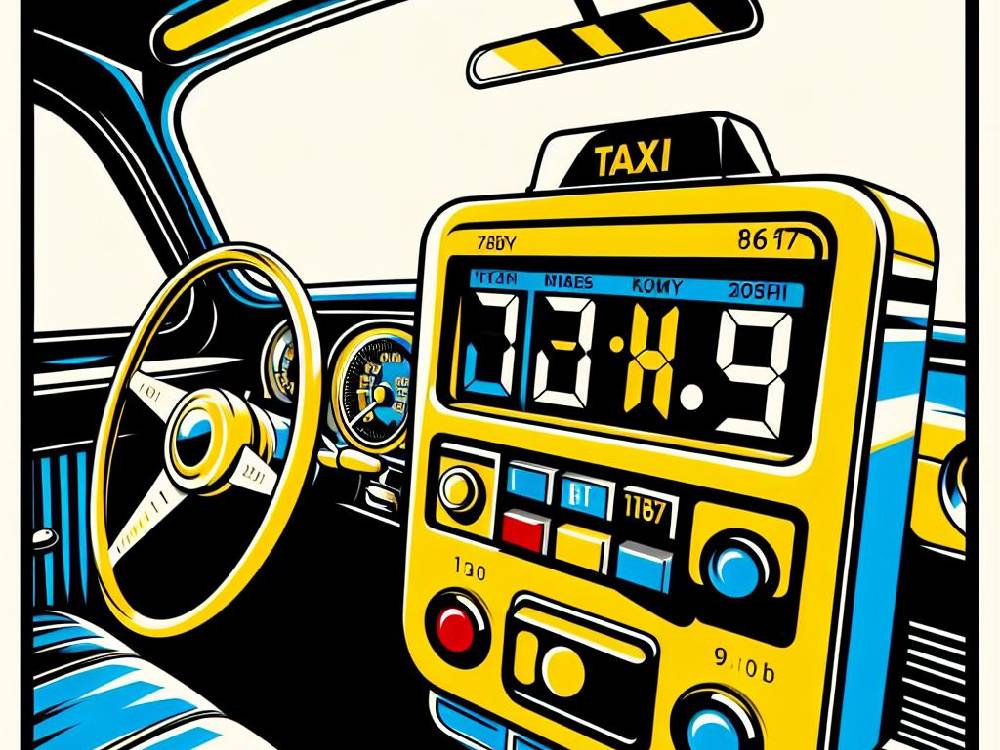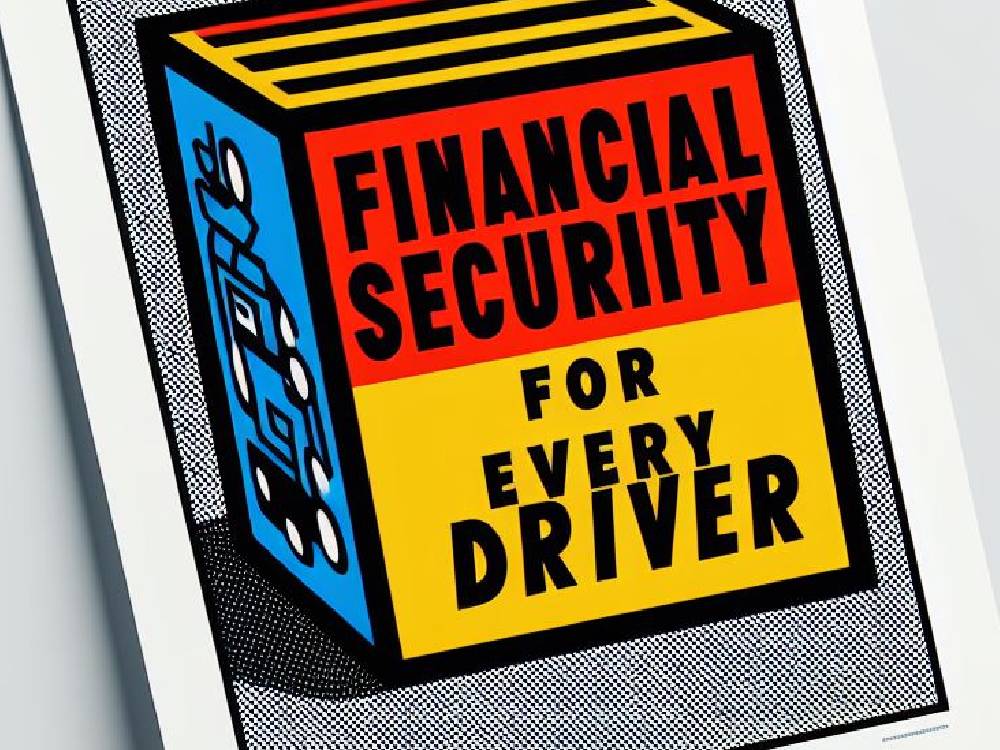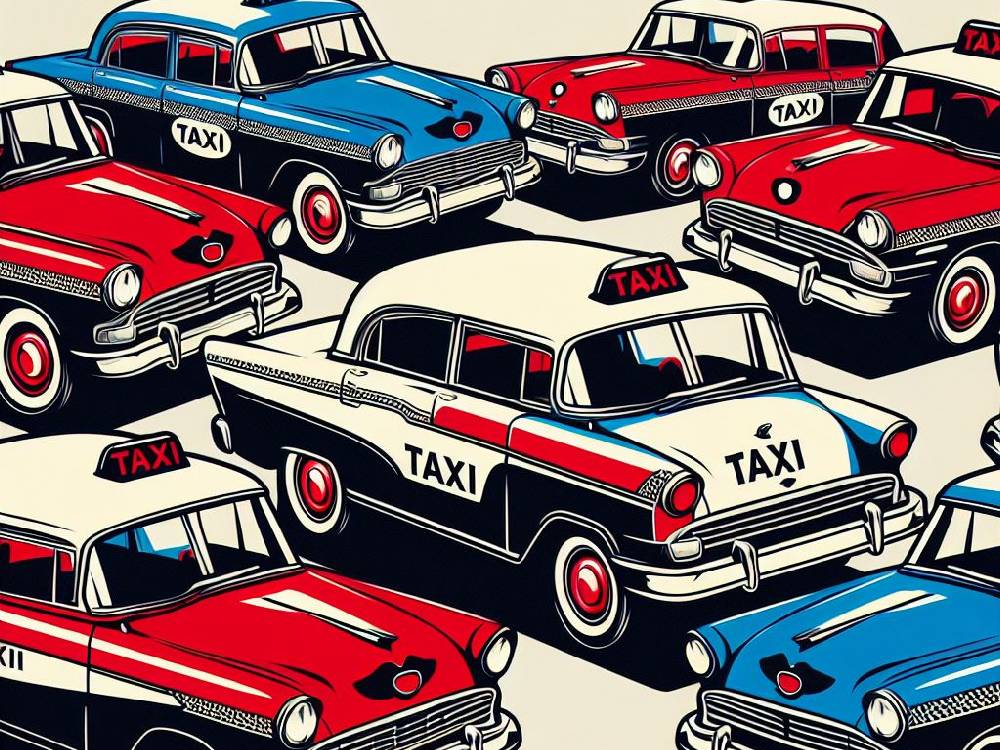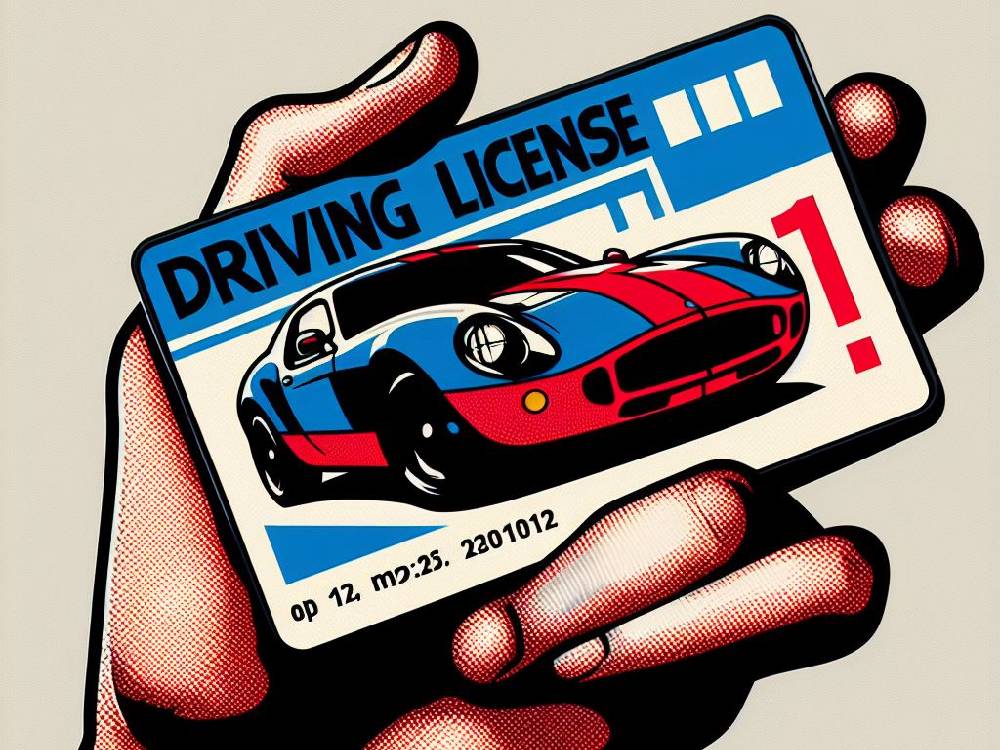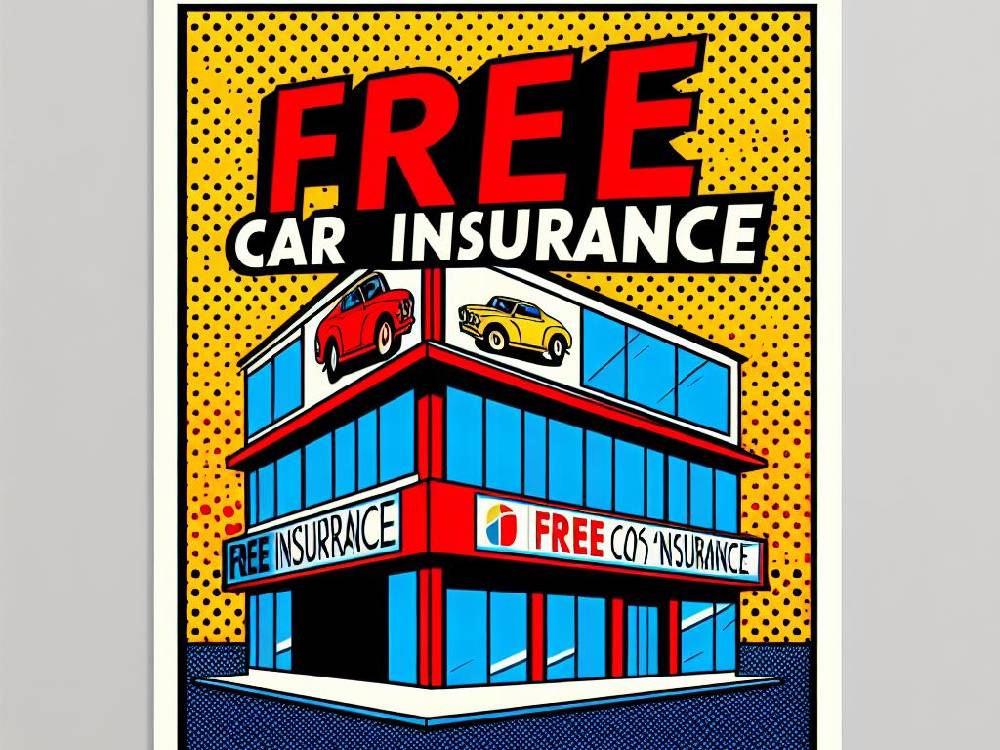Introduction
Navigating taxi fares in the UK can be as tricky as a cab ride through London’s rush hour.
Whether you’re a local or a visitor, understanding the ins and outs of taxi pricing is essential.
But why, you might ask?
Because it ensures you’re getting a fair deal.
This article breaks down everything you need to know about taxi fares across the UK, from regulatory frameworks to average costs in various cities, and highlights the critical role of taxi insurance.
- What factors influence taxi fares?
- How do regulatory insights and local authority guidelines play a part?
- What are the tariff rates across the UK, with a spotlight on London?
- How do taxi and private hire vehicle (PHV) fares differ?
- What are the average fare ranges and the elements affecting them?
- Can we see fare examples from major UK cities?
- And finally, why is taxi insurance undeniable for operators?
Understanding Taxi Fares In The UK
Taxi fares in the United Kingdom are a complex blend of base rates, distance charges, and time spent in traffic.
Each journey’s cost is influenced by several factors.
Including the location, time of day, and specific regulations set by local licensing authorities.
These bodies determine the maximum permissible charges.
Ensuring transparency and fairness in taxi pricing.
Now, What About The Regulations For Taxi Fares?
The UK’s approach to taxi fare regulation is localised.
Individual licensing authorities set the framework for maximum charges and tariff rates.
It’s a system designed to cater to the unique needs of each area while maintaining a standard for fare calculation.
All licensed taxis must be equipped with a meter.
To calculate fares accurately, based on the distance traveled and waiting time, with fare cards displayed prominently for passenger reassurance.
So, How Do London Taxi Fares Compare To Other Regions?
London operates under tariff rates set by Transport for London (TfL).
These rates are subject to change based on the time of day and distance traveled.
Making them variable compared to fixed-rate fares in other regions.
This variability highlights the importance of understanding local fare structures, whether you’re hailing a cab in the capital or catching a taxi in a smaller town.
And What About Fare Calculation Differences Across The UK?
Each local authority across the UK sets its own rates.
This means that a journey of the same distance can cost differently depending on the area.
Awareness of these differences is essential for both passengers looking to budget their travel expenses and for taxi operators calculating potential earnings.
Lastly, Let’s Talk About Private Hire Vehicle (PHV) Fares.
PHVs offer a more flexible pricing model compared to regulated taxi fares.
These fares aren’t set by local authorities, allowing PHV operators to set competitive rates.
However, this flexibility requires passengers to inquire or book in advance to secure the best prices, unlike the immediate fare calculation provided by traditional taxi meters.
This first half of the article has explored the foundational aspects of taxi fares in the UK, from regulatory frameworks to the variability of charges across different regions.
Understanding these elements is crucial for anyone navigating the UK’s roads, whether behind the wheel or in the passenger seat, ensuring that every journey is fair and transparent.
For more insights into navigating the complexities of car insurance and ensuring you’re fully covered, explore our guide to switching car insurance and the benefits of comprehensive vs. third-party insurance.
Differences In Fare Calculation Across The UK
Interestingly, not all taxi rides are created equal across the UK.
Why is this, you ask?
Well, each local authority has the power to set its own rates.
This means the cost of a journey of the same distance can vary significantly from one area to another.
For passengers, this necessitates a bit of research to budget effectively for travel expenses.
And for taxi operators, it’s essential for calculating potential earnings.
But there’s more.
To get a deeper understanding, consider reading about the 5-ways-to-save-money, which provides valuable insights for both taxi operators and private vehicle owners.
The Flexibility Of Private Hire Vehicle (PHV) Fares
Now, let’s switch gears to PHVs.
Unlike their strictly regulated taxi counterparts, PHVs enjoy a more flexible pricing model.
This absence of set rates by local authorities allows for competitive pricing strategies.
But here’s the catch.
This flexibility means passengers must inquire or book in advance to snag the best rates.
A stark contrast to the instant fare calculation taxis offer.
Curious about how insurance plays into this?
Check out our deep dive into private hire taxi insurance for all the details.
Wrapping Up: The Importance Of Taxi Insurance
As we cruise to the end of our journey through UK taxi fares, one thing remains clear:
The road can be unpredictable.
And that’s exactly why taxi insurance isn’t just important—it’s indispensable.
From legal protection to coverage for accidents, insurance provides a safety net for both operators and passengers.
And let’s not overlook the peace of mind it offers.
Conclusion
Understanding taxi fares and regulations in the UK is crucial for anyone navigating its roads.
By keeping abreast of local fare structures, leveraging the flexibility of PHV pricing, and securing robust taxi insurance, both operators and passengers can ensure that every journey is not only fair but also protected.
Thank you for riding along on this exploration of UK taxi fares.
Remember, knowledge is the key to navigating the roads ahead, whether you’re behind the wheel or simply planning your next journey.

